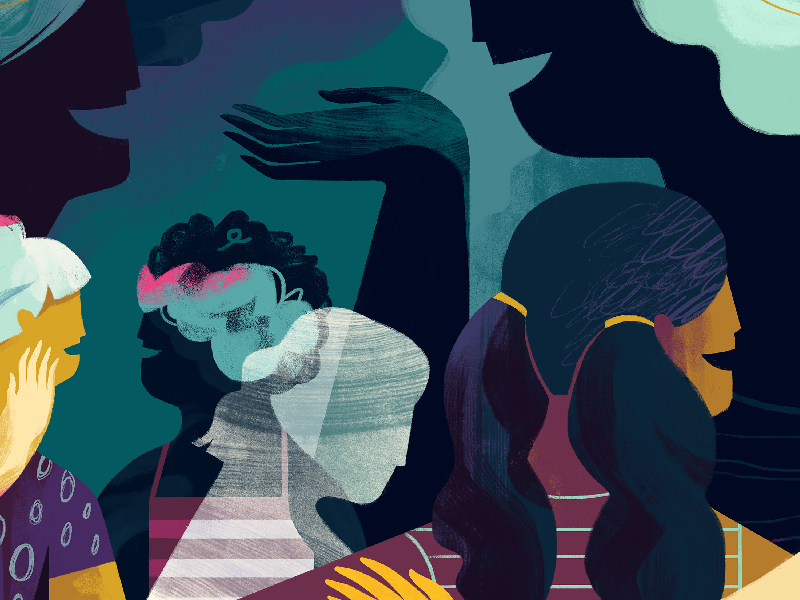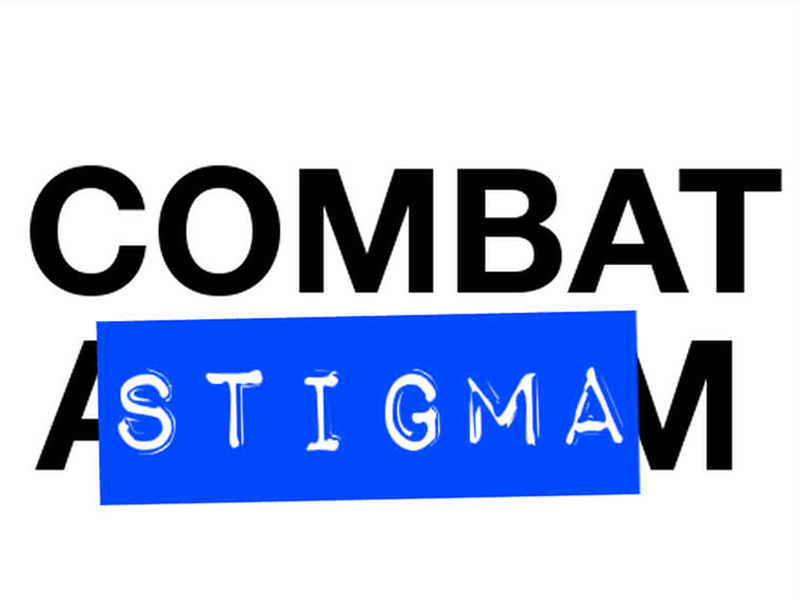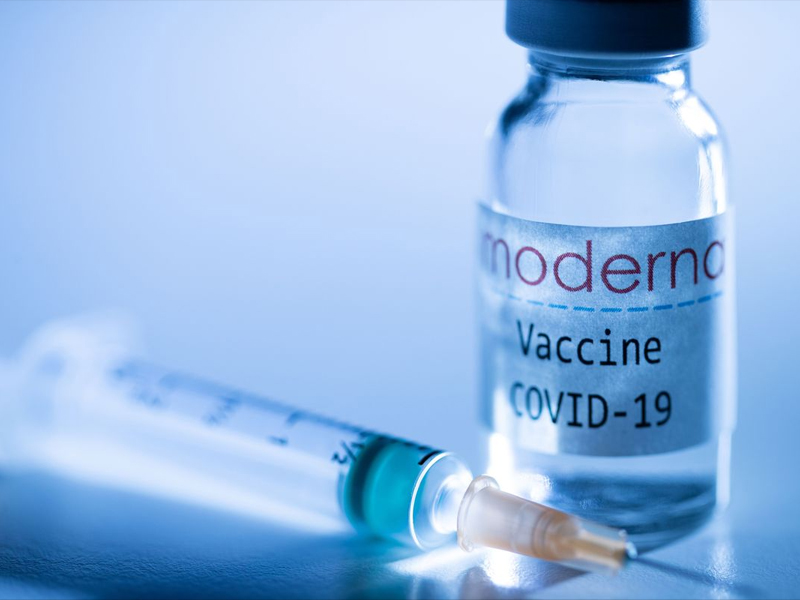|
By Claudia Cheung April is World Autism Awareness Month. To raise awareness around autism, VIBE 105 interviewed Michael Cnudde and Tatum Shiff from Autism Ontario, and Dominique Chabot from Autism Canada. Autism Awareness Month celebrates people on the spectrum while bringing light to the systemic barriers that have to be removed to create a supportive and inclusive environment. “Ideally, we wouldn’t need an autism [month] because people would be aware and celebrating all the time.” Tatum Shiff— Content and Marketing Coordinator, Autism Ontario © Autism Ontario/ YouTube According to Cnudde, back in the 50s, nobody knew what autism was. People like Leo Kanner suggested the concept of ‘refrigerator mother’. Refrigerator mothers were mothers who showed little love for their children and he thought that was the cause of autism, which he thought was a form of childhood schizophrenia. It took a very long time to realize that there was a strong genetic basis for autism. To this day, there is still a lot of stigmatization and stereotypes towards people on the spectrum. “Everyone is unique, whether you’re autistic or not. Everyone has their special interests that they focus on. It does not make anybody any difference. We are all human. Autism is who somebody is; it is not what somebody has. We need to focus on inclusivity and empathy,” said Chabot. In terms of stigmatization in poular mainstream media like TV shows, characters like Sheldon Cooper from The Big Bang Theory or Dr. Shaun Murphy from The Good Doctor did not show the realistic ranges of the spectrum. According to Cnudde, the Netflix reality show Love On The Spectrum realistically portrayed different types of autism. Cnudde hoped the show would help people take down some of the stigmas around autism. © Cleveland Clinic/ YouTube In terms of how COVID-19 affected people on the spectrum, Chabot said, people on the spectrum rely on structure and routine to navigate through their day. When that went away, they would need to start a new routine and structure, and it takes a lot of effort to do. According to Autism Ontario’s Readiness for the Safe Return to School: Findings from the 2020 Autism Ontario Education Survey, out of 2,302 surveyed, 45.5% of caregivers were stressed about how online home learning would lose the opportunity for their child in terms of social, daily structure and academics. Despite the negative impacts of COVID-19, out of 2,226 interviewees, 25.2% of caregivers thought that their child’s mental health benefited. 14.2% of caregivers were less worried about their child’s safety (bullying, flight risk, COVID-19 exposure). Currently, there is not a lot of information regarding whether people on the spectrum would be prioritized for the COVID-19 vaccine. According to Autism Ontario, people with developmental disabilities are more vulnerable to COVID-19. They asked that caregivers and people on the spectrum “should be given priority” to the COVID-19 vaccination program. There is a lot that needs to be done on the current system for people on the spectrum. “The Ontario Autism Program stops at age 18. [Many] people aged out of service. A lot of time, they need it the most during these difficult transition years. Transitioning from high school to university is difficult for anybody. But people on the spectrum will often need more support, and a lot of time they lose it because there isn’t the same amount of funding [to help them],” Shiff described. Chabot pointed out the current education system should be more accommodating in respect to inclusivity in the classroom and there should be early education to students about autism. “As far as employment, this is always a struggle. There are a lot of employers out there we’ve partnered with people in the community, and this is amazing,” said Chabot. “To be mindful, to be respectful and to be kind. If you can do all of that, then you offer an inclusive environment and a respectful environment for anybody,” - Dominique Chabot, Family Support Manager (Autism Canada) |
Recent Posts
Categories
All
Archives
February 2022
|
|
GET THE APP!
Listen to VIBE 105 anywhere you go!
|
OUR STATION
|
TUNE IN RADIO
|
STAY CONNECTED
|
Copyright © 2021 Canadian Centre for Civic Media and Arts Development Inc. Except where otherwise noted, presentation of content on this site is protected by copyright law and redistribution without consent or written permission of the sponsor is strictly prohibited.





 RSS Feed
RSS Feed


